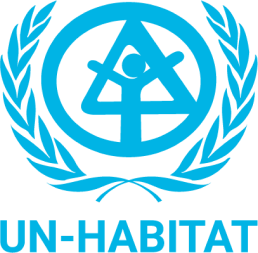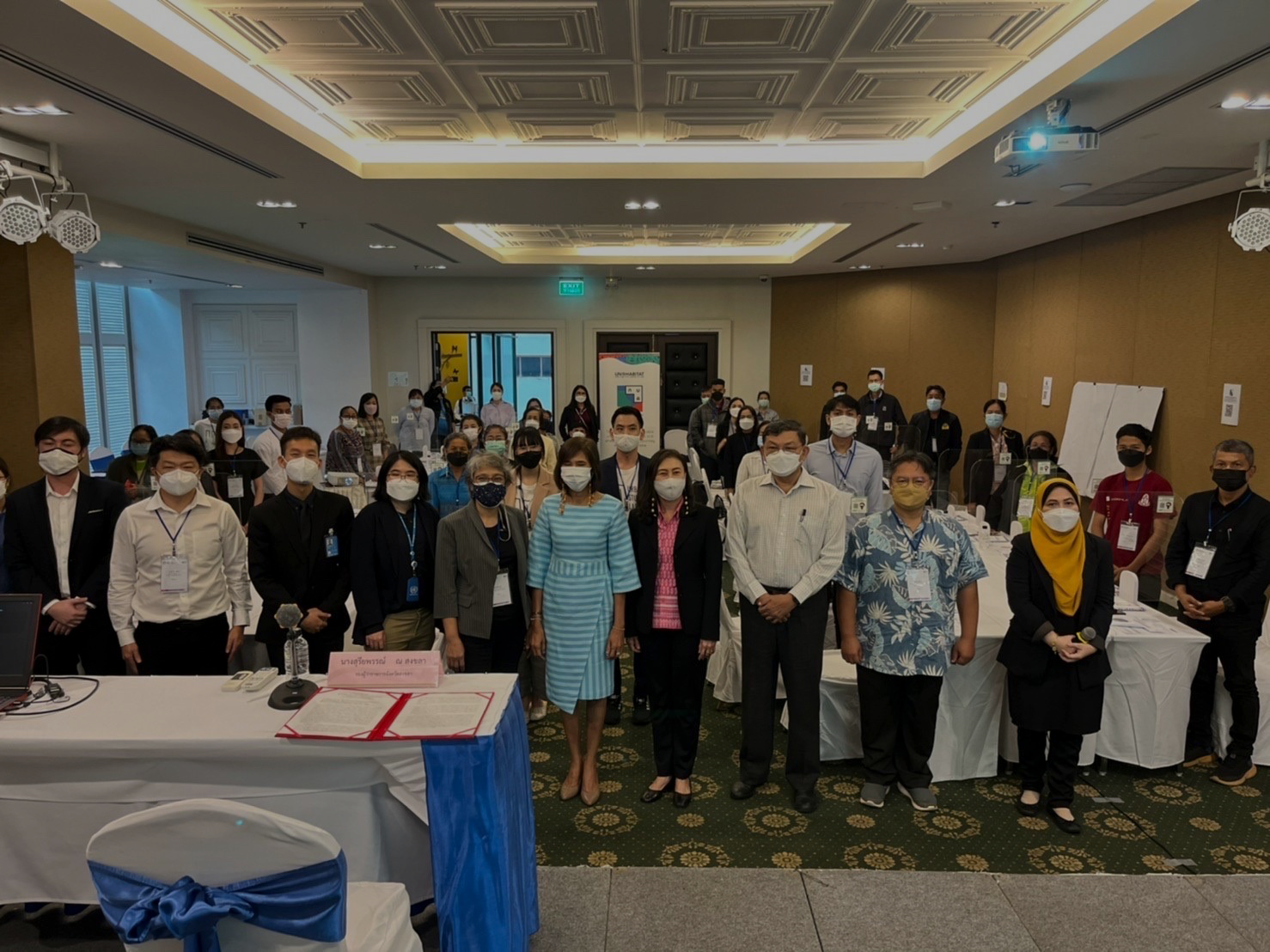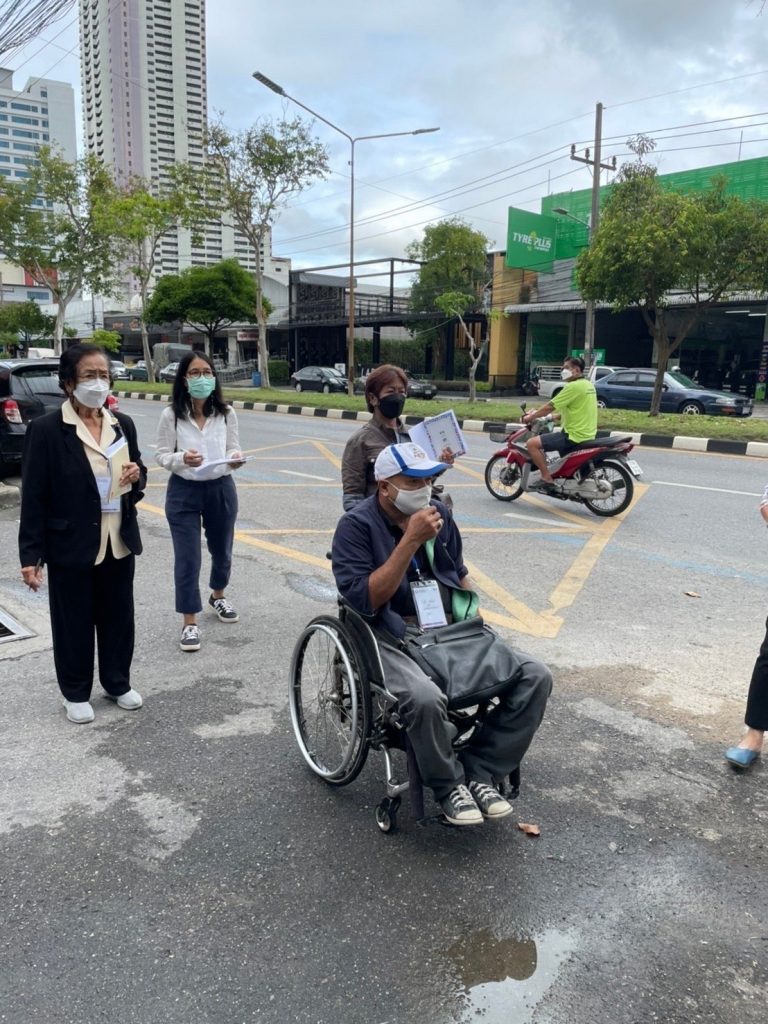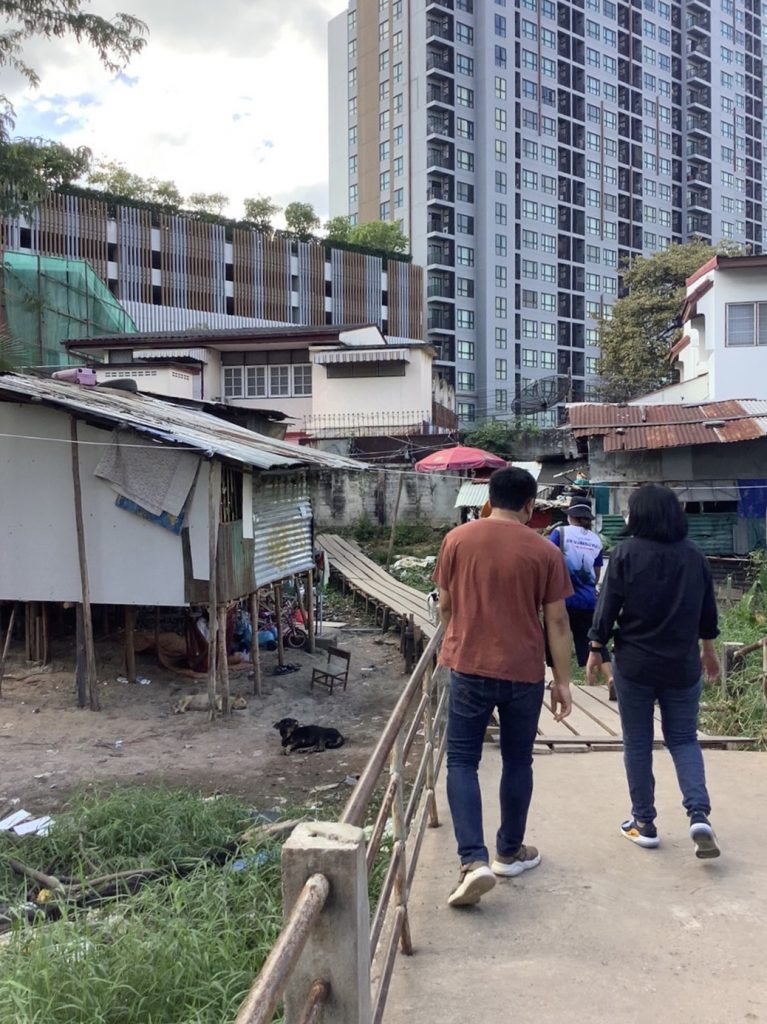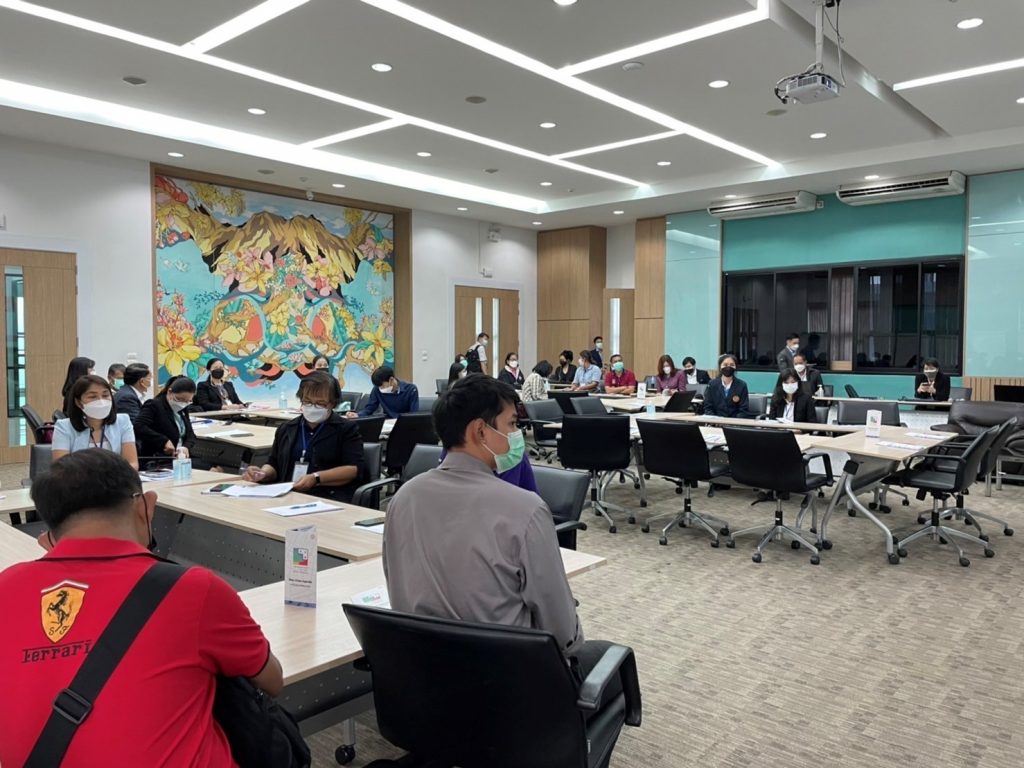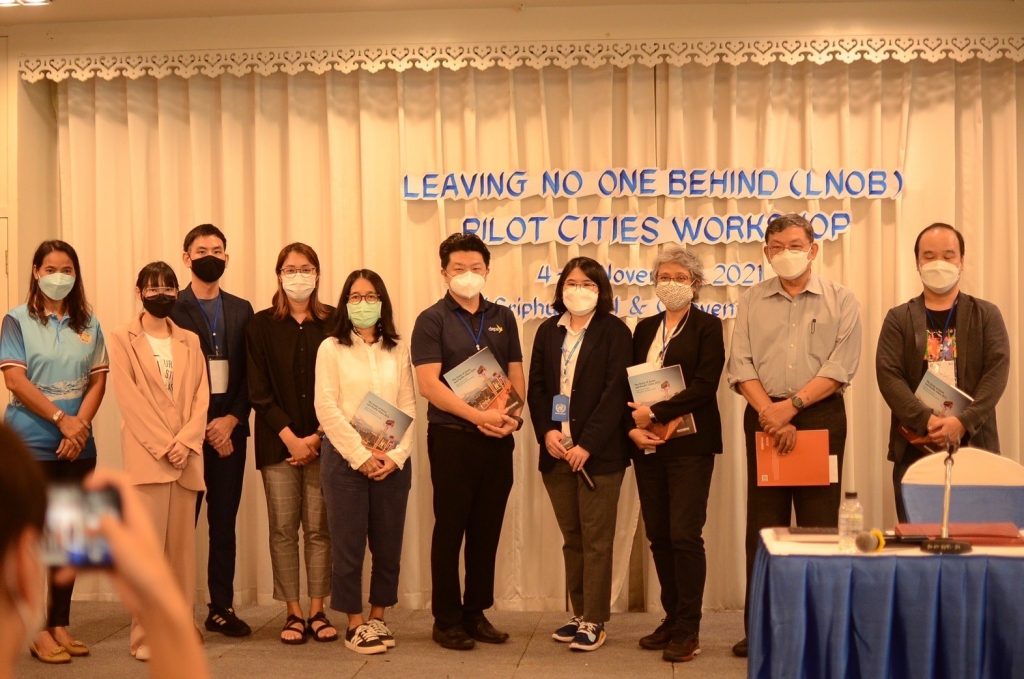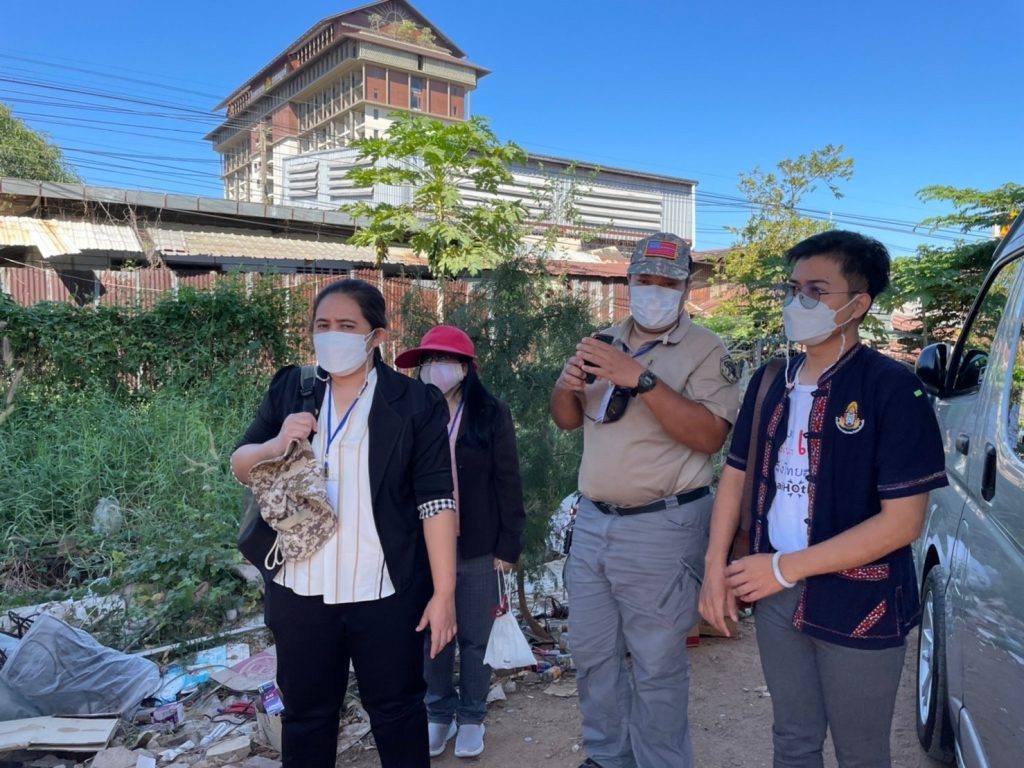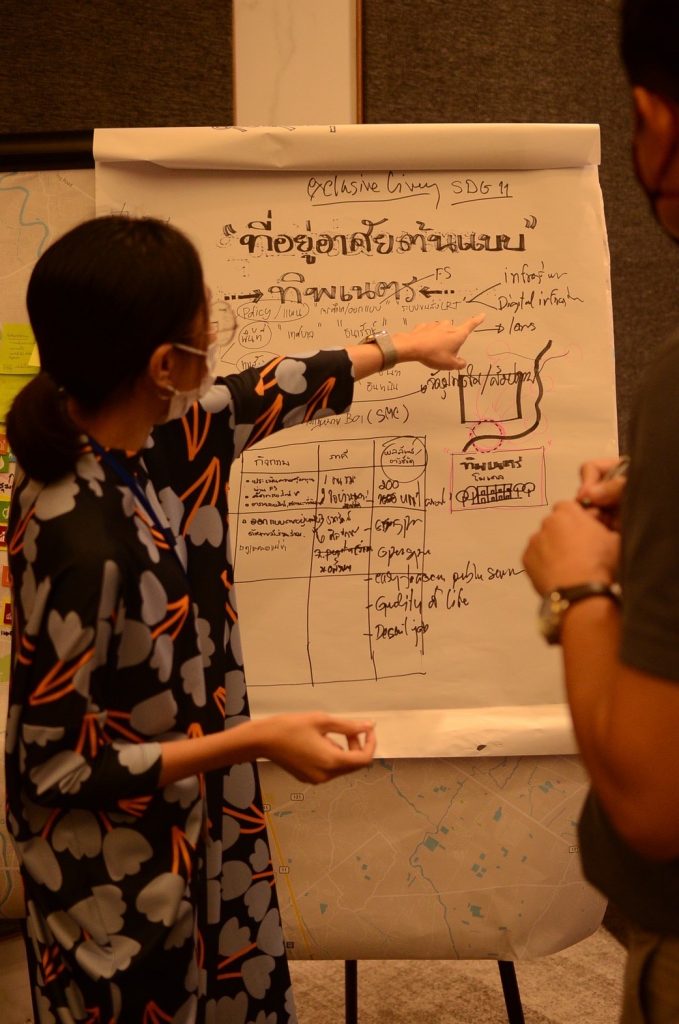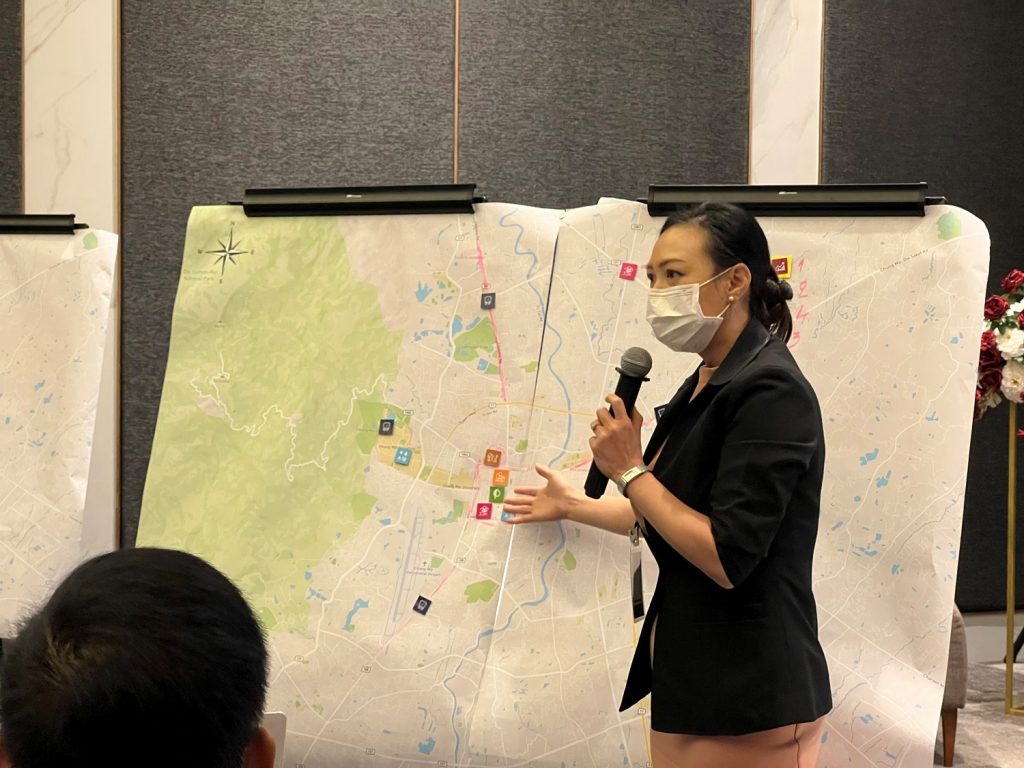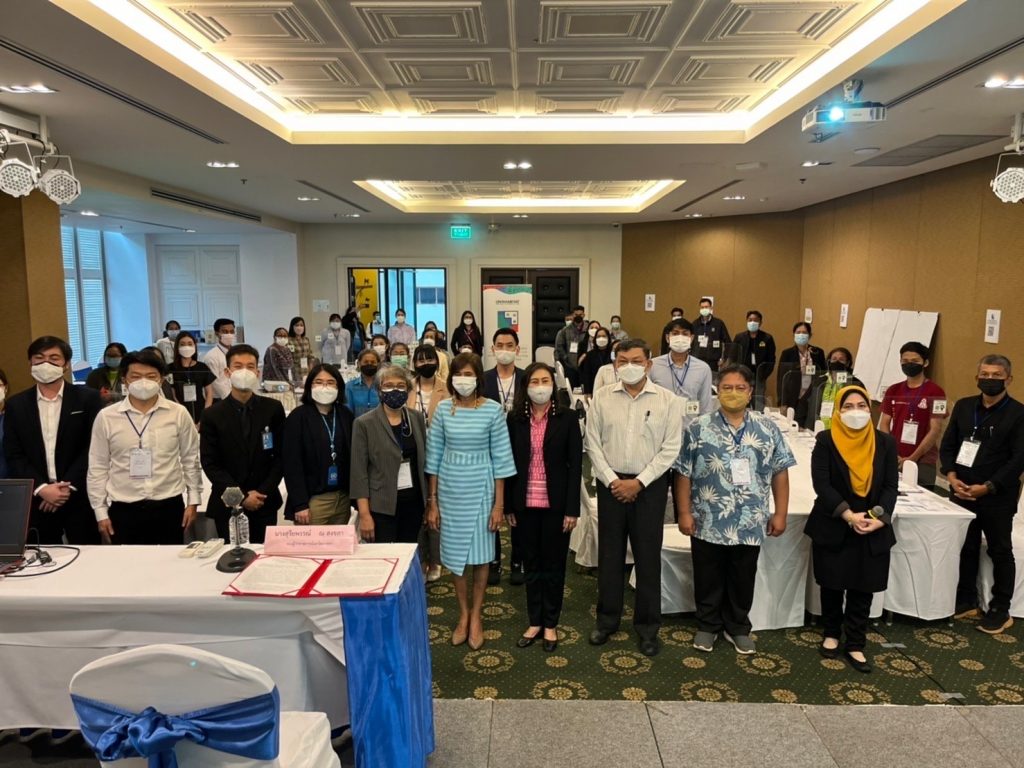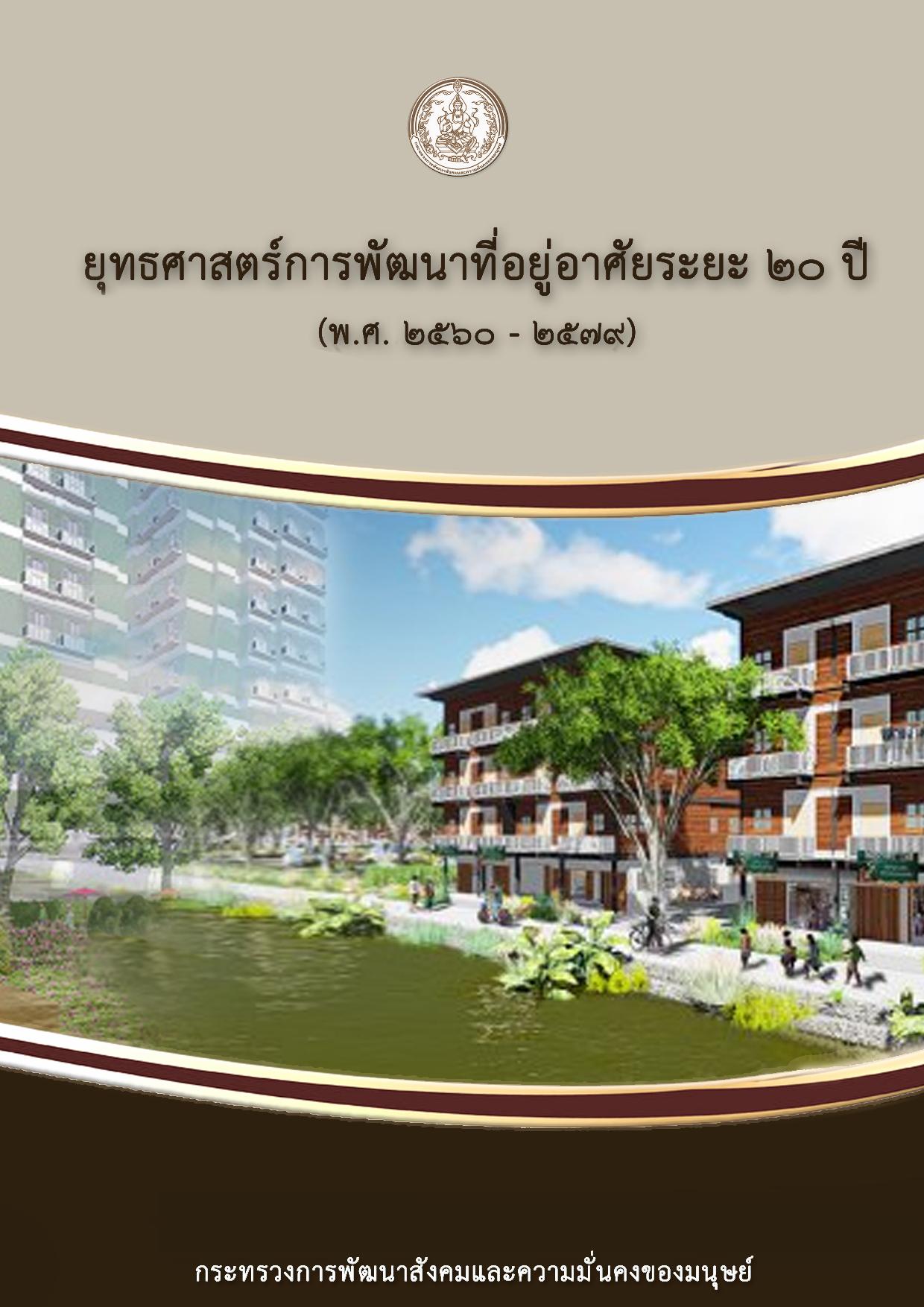Background
Nowadays, more than 5.87 million households in Thailand lack stable housing. In addition, Thailand expects more than 10 million people to become urban inhabitants within the next 30 years. However, there are no integrated housing policies that address inclusivity and acknowledge vulnerable and marginalized groups.
To drive sustainable development in Thailand, capacity building for government working groups to develop efficient and integrated housing policies with focus on fast-growing secondary cities is critical. With a commitment to build on the “Local is the Key” SDG Localization Project launched by Thailand’s Ministry of Social Development and Human Security in 2019, this workshop focused on intermediate cities in the region, which hold the potential to develop social and economic impacts.
Objectives
To supplement the capacity of national government and local urban institutions initially in Thailand to center LNOB principles in relevant national urban development policies and facilitate evidence-based localization of the national policies in key identified urban areas in accordance to the SDGs 11 & 6.
- Between the period 2020-2021, the Project aims to capacitate local authorities from the Provincial Working Group of each participating city, to be able to expand the scope of delivery of the Provincial Housing Plan and relevant implementation strategies, by adopting relevant components of social inclusion based on selected MSDHS thematic areas and relevant principles of the New Urban Agenda.
- Simultaneously, the Project potentially aims to establish a collaborative network between the Provincial Working Group, governmental entities, private sectors, academic institution, CSOs, and NGOs to enhance ability for local actors to gain expertise and resource for an effective local implementation of the Provincial Housing Plan.
- The Project aims to lay the foundation for the expansion of the SDG Localization Project conducted by MSDHS. Experiences and lessons learned on the implementation of the New Urban Agenda and efforts to localize the SDGs, could be replicated to other cities in Thailand.
- Ultimately, the Project is designed to provide a long-term impact on urban population from each pilot cities, through Provincial Housing Plan that incorporates key components of social inclusions based on selected MSDHS thematic areas. Depending on each city, beneficiaries may include but not limited to: Women, Children and Youth, Grassroots, Migrants, Urban Poor, Ethnic Minorities, Older persons, Persons with disabilities
Project Outcomes
3 recommendation reports pertaining to the context in Chiang Mai, Songkhla and Khon Kaen are to be drafted based on the outcome of the workshops in close consultation and collaboration with the Royal Thai Government and other implementing partners.
Development Partners
The LNOB Pilot Cities Project is a joint initiative organized by the Ministry of Social Development and Human Security (MSDHS), the United Nations Human Settlements Programme (UN-Habitat) and Urban Studies Lab (USL) with generous financial contribution from the Royal Thai Embassy in Nairobi, Kenya.
While the project is co-organized by MSDHS, UN-Habitat, Urban Studies Lab and other implementing partners including from the Royal Thai Government, United Nations system entities and local/provincial partners. Support from partners is intended to assist local authorities from the Provincial Housing Working Group involves partnership and collaboration from various governmental, non-governmental, and international organizations with relevant expertise to different respective fields.
